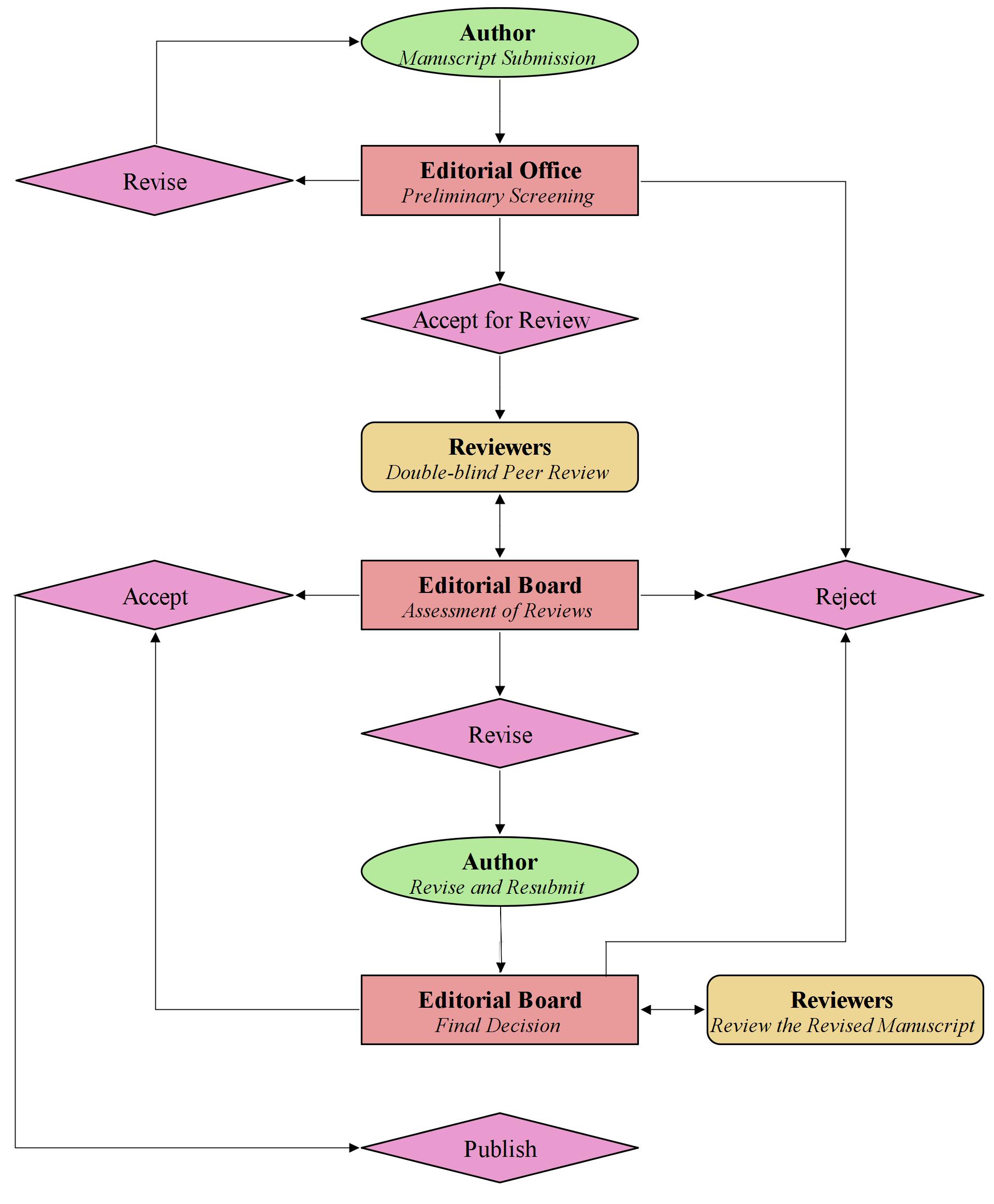Reviewing Policy
Peer Review Policy
To deal with potential publication misconduct, the JIEM sets up editorial policies for its editors and authors to follow. These policies are carefully considered based on the JIEM’s principles of transparency and best practice in scholarly publishing.
Model of Peer Review
The JIEM runs a double-blind peer review system, with which the reviewers do not know the names or affiliations of the authors, and the reviewer reports provided to the authors stay anonymous.
All manuscripts submitted to the JIEM are screened by an editor, who is responsible to access its compatibility with the JIEM’s requirements of the research article structure, referencing, and formatting. Submissions that are deemed to be suitable will be forwarded for peer review.
The reviewing of the manuscripts will be done by at least 2 reviewers who are experts in the field, following the guidelines for reviewers. The reviewers’ recommendations are only visible to the Editors.
The Editor-in-Chief reviews the reviewers’ reports and makes a final decision about acceptance of the paper (with or without revision) or its rejection.
Authors should note that even in light of one positive report, concerns raised by another reviewer may fundamentally undermine the study and result in the manuscript being rejected.
In detail, the peer review process is as follows.
1 - Any manuscript within the scope of the JIEM and are subject to the author guidelines will be assigned to one Editor;
2 - All the articles published by the JIEM have to pass the editorial screening and anonymous double-blind peer review.
The Editor eventually makes an editorial decision, which is subject to endorsement by the Editor-in-Chief.
3 - The JIEM’s Editorial Office aims to give a first decision confirmation on submitted manuscripts within 03 months.
A double-blind peer review process is applied by JIEM. The reviewing processes are shown in the following figure:


